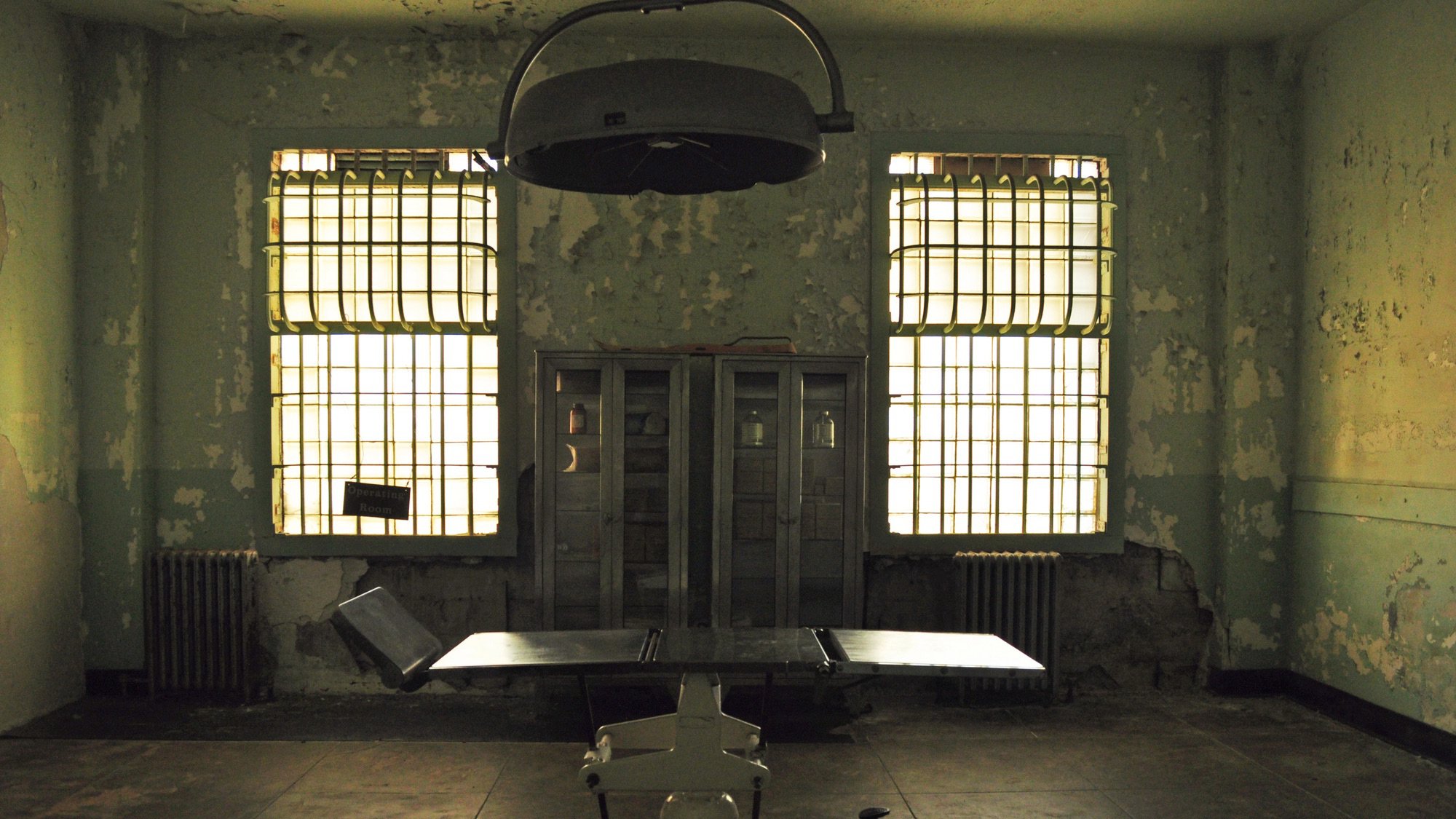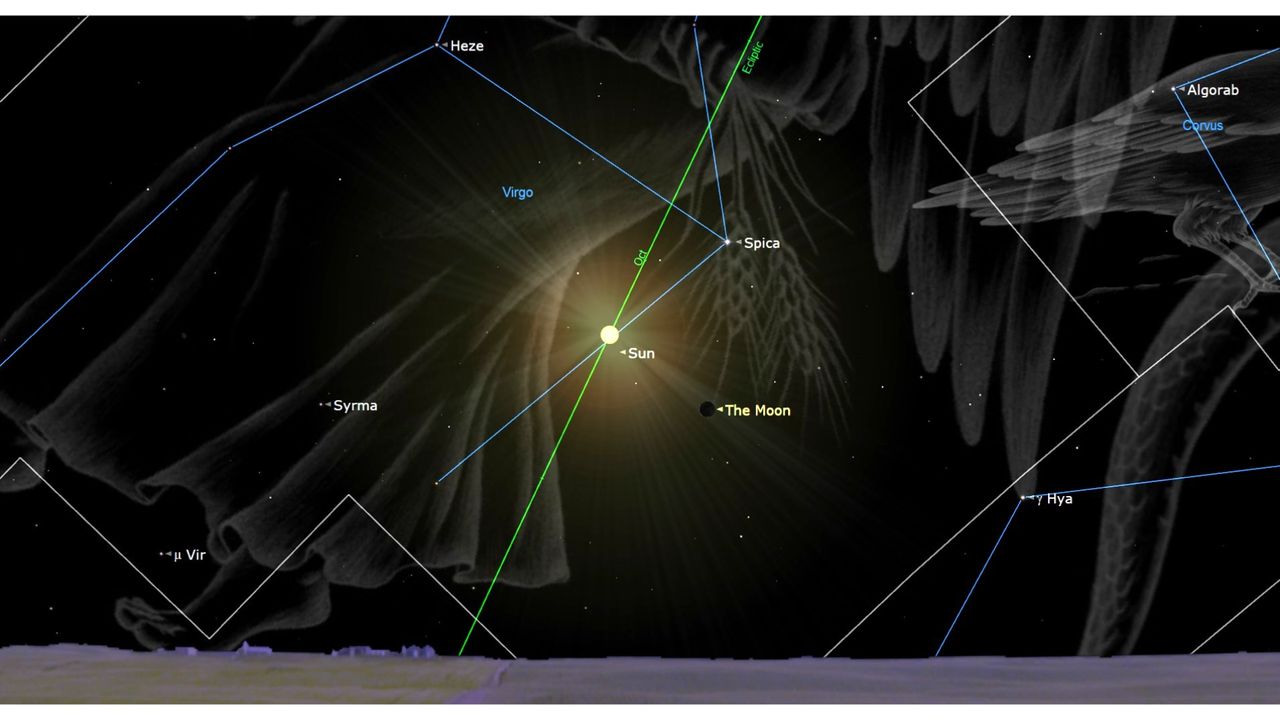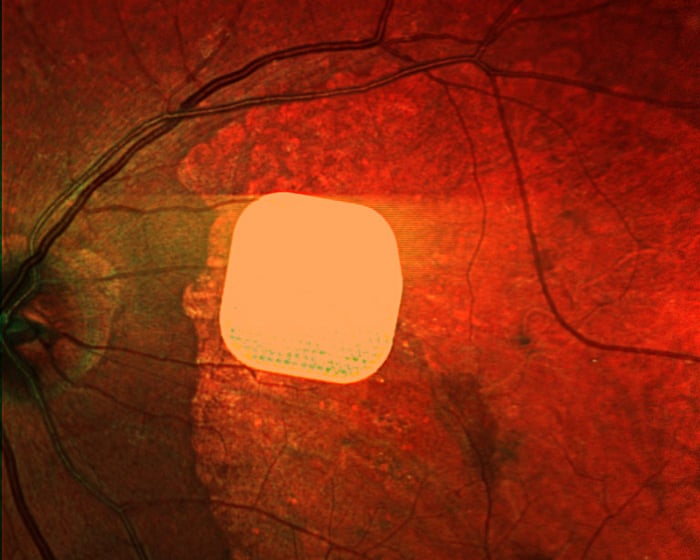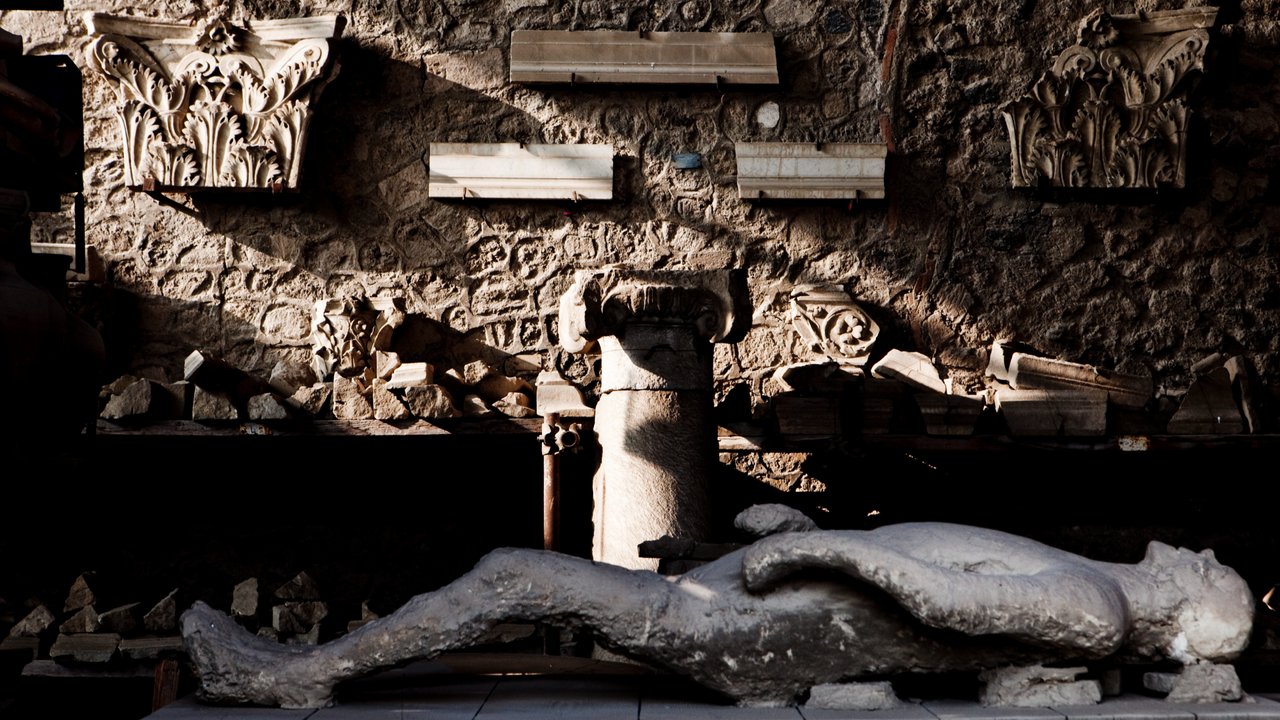Italian blasphemy and German ingenuity: how swear words differ around the world
NeutralScience

A recent study highlights the fascinating differences in taboo words across cultures, revealing that while English and Spanish speakers list around 16 swear words, Germans have a staggering average of 53. This research challenges the long-held belief that swearing reflects low intelligence, suggesting instead that the power of these words is often underestimated. Understanding these variations not only enriches our knowledge of language but also sheds light on cultural attitudes towards expression and emotion.
— Curated by the World Pulse Now AI Editorial System









